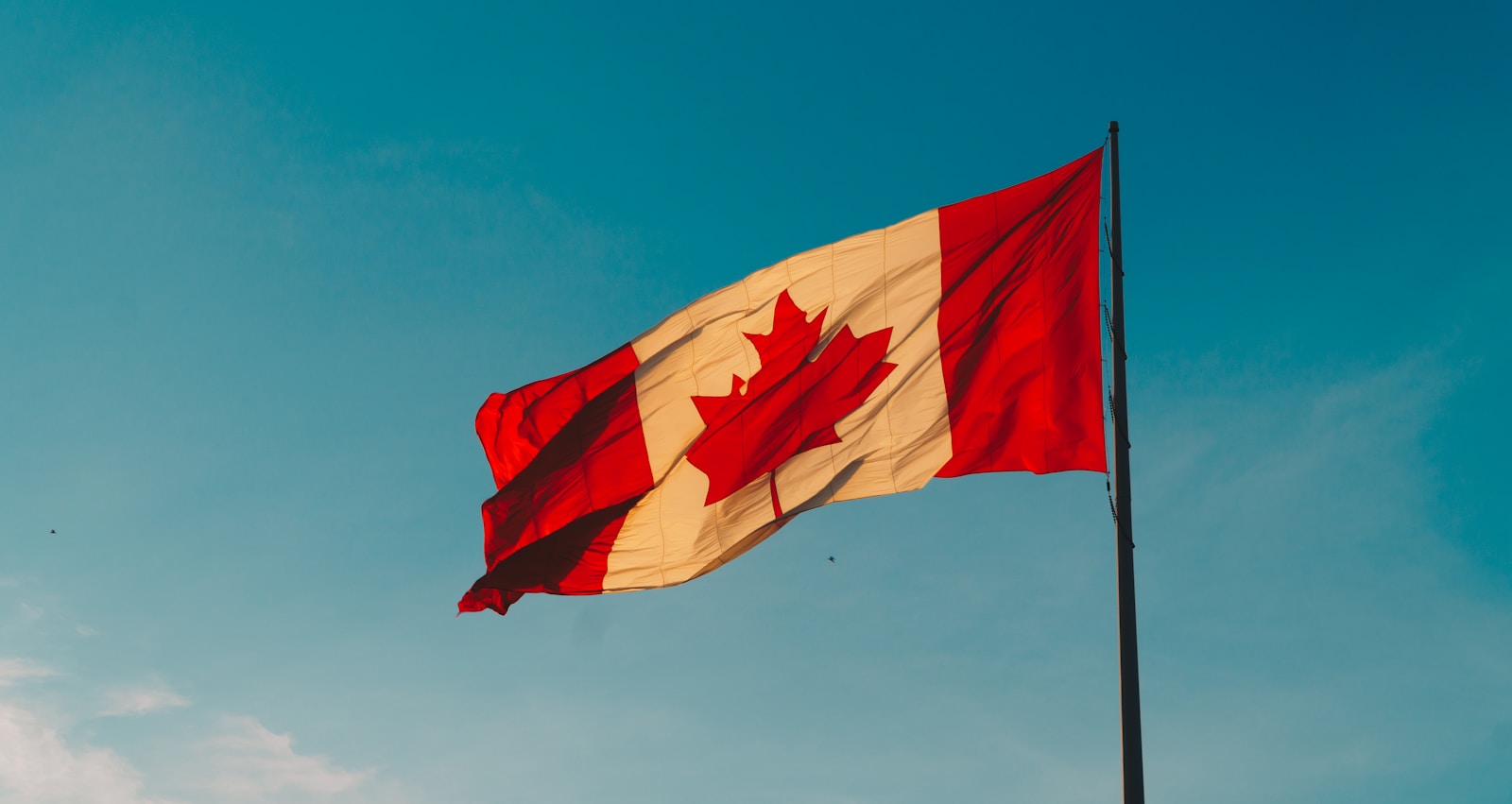Key Takeaways
• Four Republican senators joined Democrats to block Trump’s tariffs on Canada and Brazil.
• The Senate voted 51–47 to end the national emergency that allowed those tariffs.
• The measure now moves to the House, where approval is uncertain and a presidential veto likely.
• Overriding a Trump veto would need a two-thirds vote from both chambers—an uphill battle.
The Senate surprised many observers when it voted to stop certain tariffs. This move aimed to end the national emergency President Trump declared in 2019. In that declaration, he used a 1977 law to impose new fees on imports. Now, four senators from his own party crossed the aisle. They joined Democrats to roll back tariffs on key trading partners.
What Led to the National Emergency Tariffs?
In 2018, trade fights flared around the globe. Countries often complained that America’s trade balance was unfair. To fight back, President Trump declared an economic emergency. He then slapped high tariffs on metal goods from many nations. Later, he extended those fees to Canada and Brazil by calling them “reciprocal tariffs.”
However, critics argued that these tariffs harmed American businesses. They said farmers paid more for fertilizer and parts for farm machines. Plus, pushback from U.S. trade partners led to higher fees on American products overseas.
The Vote That Shook the Senate
On Thursday, the Senate voted 51–47 to end the national emergency powering Trump’s tariffs. Four Republicans broke ranks:
• Rand Paul of Kentucky
• Lisa Murkowski of Alaska
• Susan Collins of Maine
• Mitch McConnell of Kentucky
One key reason for this shift involved missing votes last time. Two senators could not attend, so the earlier bid failed. This time, support edged just past the 50-vote mark.
During remarks at a Peterson Institute event, Senator Paul warned about the hurdles ahead. He said that overriding a veto would require “an economic calamity” that no one wished for.
What Happens Next in Congress?
After clearing the Senate, the tariff rollback heads to the House of Representatives. There, it needs a simple majority to pass. Yet the White House has signaled a veto. President Trump has resisted any move that limits his power to set trade fees.
If Trump vetoes the measure, Congress must secure a two-thirds vote in both chambers to override. Given the current split in the House, that outcome seems unlikely. Most Republicans still back the president’s trade plans.
At the same time, some moderate House members worry about higher costs for consumers. They also fret about the strain on U.S. trade relationships. Therefore, a few could vote with Democrats again. Nevertheless, the road to two-thirds support remains steep.
Why Some Republicans Opposed Tariffs
Several factors drove these senators to say no:
• Business pressure: Manufacturers and farmers argued that tariffs raised production costs and hurt exports.
• Trade alliances: Canada is America’s largest trading partner. Brazil buys billions in American goods. Cutting fees could ease diplomatic strains.
• Legal concerns: Some viewed the 1977 emergency law as too broad. They worried about unchecked presidential power.
• Voter feedback: Constituents in farming states felt the pinch of higher prices. They asked lawmakers to act.
Moreover, these senators cited principle over party loyalty. They stressed the need for checks and balances. By voting against their leader, they aimed to curb executive overreach.
Potential Impact of Ending Tariffs
Should the House pass the resolution and overcome a veto, U.S. trade policy would change quickly. Tariffs on Canadian and Brazilian goods would vanish overnight. In turn:
• American farmers could pay less for fertilizer and equipment.
• Canadian aluminum and steel would flow more freely into U.S. factories.
• Brazilian exports, like beef and orange juice, might become cheaper.
• Global markets could see a boost in confidence over U.S. trade stability.
Yet, businesses abroad may still worry about broader tariff threats. Even without the emergency order, other fees remain in place on Chinese imports and steel from other nations. Thus the immediate relief could feel limited.
Additionally, ending these tariffs could influence future trade talks. U.S. negotiators might gain goodwill with key partners. That could help in efforts to cut barriers on digital services, agriculture or autos.
Trade experts also note possible downsides. For one, removing fees on metals might lower the cost for foreign military equipment. Critics say this could erode U.S. defense production. Others believe any boost in exports matters more for overall economic growth.
Balancing these outcomes will fall to negotiators and policymakers in the months ahead.
Conclusion
In a rare break with party lines, four Republican senators voted to end tariffs on Canada and Brazil. Their action challenges President Trump’s use of emergency powers. It also highlights deep divides over how best to handle global trade. Now, the House must decide whether to follow suit. If it does, a veto fight looms. Ultimately, only a strong bipartisan push could override the president. Until then, the future of these tariffs and broader trade policy remains uncertain.
FAQs
What exactly are tariffs?
Tariffs are taxes on imported goods. They raise the price of foreign products. In turn, they aim to protect domestic businesses from cheaper overseas competition.
Why did President Trump use emergency powers to set tariffs?
He relied on a 1977 law meant to counter unusual imports that threaten national security or the economy. He argued that high metals imports harmed U.S. manufacturers.
Could ending tariffs hurt U.S. producers?
Some say yes. Lowering fees on metals could undercut American steel and aluminum makers. Others believe cheaper imports help downstream industries like auto manufacturing.
Is it likely Congress will override a presidential veto?
That outcome seems slim. Overriding a veto needs two-thirds in both the Senate and House. Only a handful of Republicans have echoed concerns about trade power limits.
